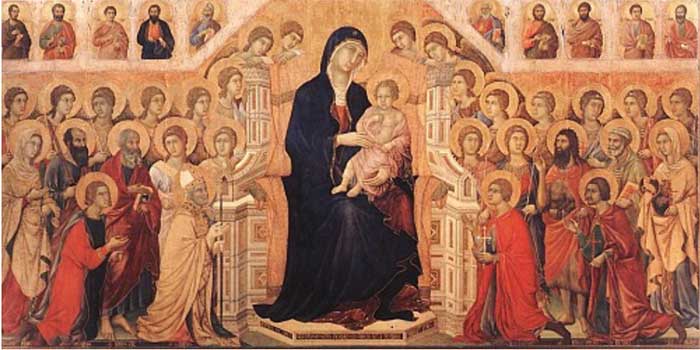Special Prayers for Peace in the Middle East
 Following the summons of the Supreme Pontiff, Benedict XVI, to pray for peace in the Middle East, the Archdiocese of Manila has enjoined all priests and communities that special prayers be said in all Masses until order is restored in the places afflicted by war.
Following the summons of the Supreme Pontiff, Benedict XVI, to pray for peace in the Middle East, the Archdiocese of Manila has enjoined all priests and communities that special prayers be said in all Masses until order is restored in the places afflicted by war. The Holy Father has also declared Sunday, July 23 as a day of prayer and penance for peace in the Middle East.
Below are the 'special prayers' issued by the Commission on Liturgy of the Catholic Bishop's Conference of the Philippines (CBCP).
(English)
We pray for peace in the Middle East, especially in the Holy Land and Lebanon. May the governments at war with each other come to realize that nobody wins in war and that peace is the only way to genuine community of humankind. We pray to the Lord.
We pray for those who are suffering and grieving because of this conflict of powers in the Holy Land and Lebanon, that they may continue to hold on to the power of love and peace rather than the destruction of hatred and vengeance. We pray to the Lord.
(Filipino)
Para sa kapayapaan sa Gitnang Silangan lalo na sa Holy Land at Lebanon. Biyayaan nawa ang mga pamahalaan ng nakikipagdigmaan sa isa’t isa ng maunawaan na walang nagwawagi sa digmaan at gawin nila ang lahat tungo sa pagtatatag ng kapayapaan sa isa’t isa. Manalangin tayo sa Panginoon.
Para sa lahat ng naghihirap at namimighati bunga ng digmaan sa mundo lalo na sa Holy Land at Lebanon, upang ang Espiritu ng pag-ibig at pagpapatawad ang magpatatag sa kanila. Manalangin tayo sa Panginoon.
For more about the circular, visit the official website of the Archdiocese of Manila.
For an alternative formula from this blog, click here.














